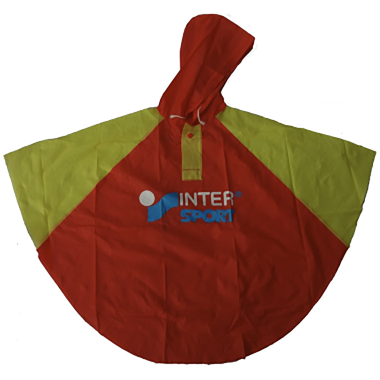Dec . 09, 2024 17:07 Back to list
Suppliers of Body Bags and Burial Shrouds for Various Needs and Situations
Understanding Body Bag and Shroud Kits Suppliers
In the realm of emergency response, medical care, and forensic science, the role of body bag and shroud kits suppliers is crucial. These suppliers provide essential equipment designed for the dignified handling of deceased individuals, particularly in situations involving mass casualties, disasters, or crime scenes. Understanding the products offered by these suppliers is important for professionals in various fields, including emergency services, hospitals, and mortuaries.
What Are Body Bags and Shroud Kits?
Body bags, technically known as cadaver bags, are polyethylene or vinyl storage bags designed for the temporary storage and transport of deceased bodies. They are used in a variety of situations, including natural disasters, crime scenes, and during transportation from hospitals to funeral homes. The design of body bags typically includes features that allow for easy zipper access and secure sealing to prevent leakage or exposure.
On the other hand, shroud kits are composed of materials used to wrap a body respectfully before burial or cremation. These kits may include shrouds made from cotton, linen, or synthetic materials, often designed to meet specific cultural or religious requirements. Shroud kits may also include additional items such as ties, identification tags, and other accessories to assist with the preparation for burial.
Importance of Quality and Compliance
The selection of reliable body bag and shroud kits suppliers is vital due to the sensitive nature of the materials. Quality is paramount; bags must be durable, leak-proof, and capable of withstanding various environmental conditions. Suppliers must ensure that their products comply with health and safety regulations and standards set by relevant authorities. This compliance provides reassurance to medical personnel, funeral directors, and emergency responders.
Additionally, suppliers often need to cater to the specific requirements of their clients, which can vary based on location, culture, and industry regulations. This customization can include specific dimensions, colors, and materials that fit unique practices or preferences.
Who Utilizes Body Bags and Shroud Kits?
A variety of professionals and organizations rely on body bag and shroud kit suppliers
1. Hospitals and Medical Facilities These institutions use body bags for deceased patients to ensure dignity and respect during transportation.
body bag and shroud kits suppliers

3. Emergency Services In emergency medical services (EMS) and law enforcement, body bags are essential for disaster response teams dealing with mass casualties.
4. Mortuaries and Forensic Units Forensic teams often require specialized body bags that may include features for medicolegal evidence preservation.
5. Disaster Relief Organizations NGOs and governmental bodies engaged in disaster management depend on quality body bags and shroud kits to adequately respond to incidents that result in loss of life.
Supplier Selection Criteria
When choosing a body bag and shroud kit supplier, organizations should consider several factors
- Reputation Research the supplier's reputation within the industry. Reviews, testimonials, and accreditation can provide insights into their reliability and quality of products.
- Product Range A good supplier should offer a variety of products to cater to different needs, including body bags for children, adults, and special conditions (e.g., bariatric bags).
- Customization Options Suppliers that offer customizable kits can help meet specific cultural or operational needs.
- Pricing and Availability Competitive pricing and reliable supply chains are critical, especially during emergency situations when timely access to products is essential.
- Customer Support The ability to communicate and resolve issues with suppliers can significantly impact the efficiency of operations during critical times.
Conclusion
Body bag and shroud kit suppliers play an indispensable role in emergency preparedness and management, as well as in the respectful handling of deceased individuals. By understanding the importance of quality, compliance, and the diverse needs of users, organizations can select appropriate suppliers to ensure that they are equipped to provide dignified care in difficult circumstances. Evaluating suppliers based on reputation, product range, customization, pricing, and customer support will contribute to better preparedness and response in times of tragedy.
-
High-Quality Body Storage Bags – Reliable Manufacturer, Factory & Exporter
NewsJul.08,2025
-
High-Quality PE Cadaver Bag for Pets Reliable Manufacturer & Supplier
NewsJul.08,2025
-
Medical Depot - Leading Medical Depot Factory, Manufacturer & Exporter
NewsJul.08,2025
-
High-Quality Work Raincoat – Reliable Manufacturer & Exporter Direct from Factory
NewsJul.07,2025
-
High-Quality Pet Dead Body Bag - Reliable Manufacturer, Factory & Exporter
NewsJul.07,2025
-
High-Quality Vinly Vest Manufacturer & Exporter Custom Vinly Vest Factory
NewsJul.06,2025





